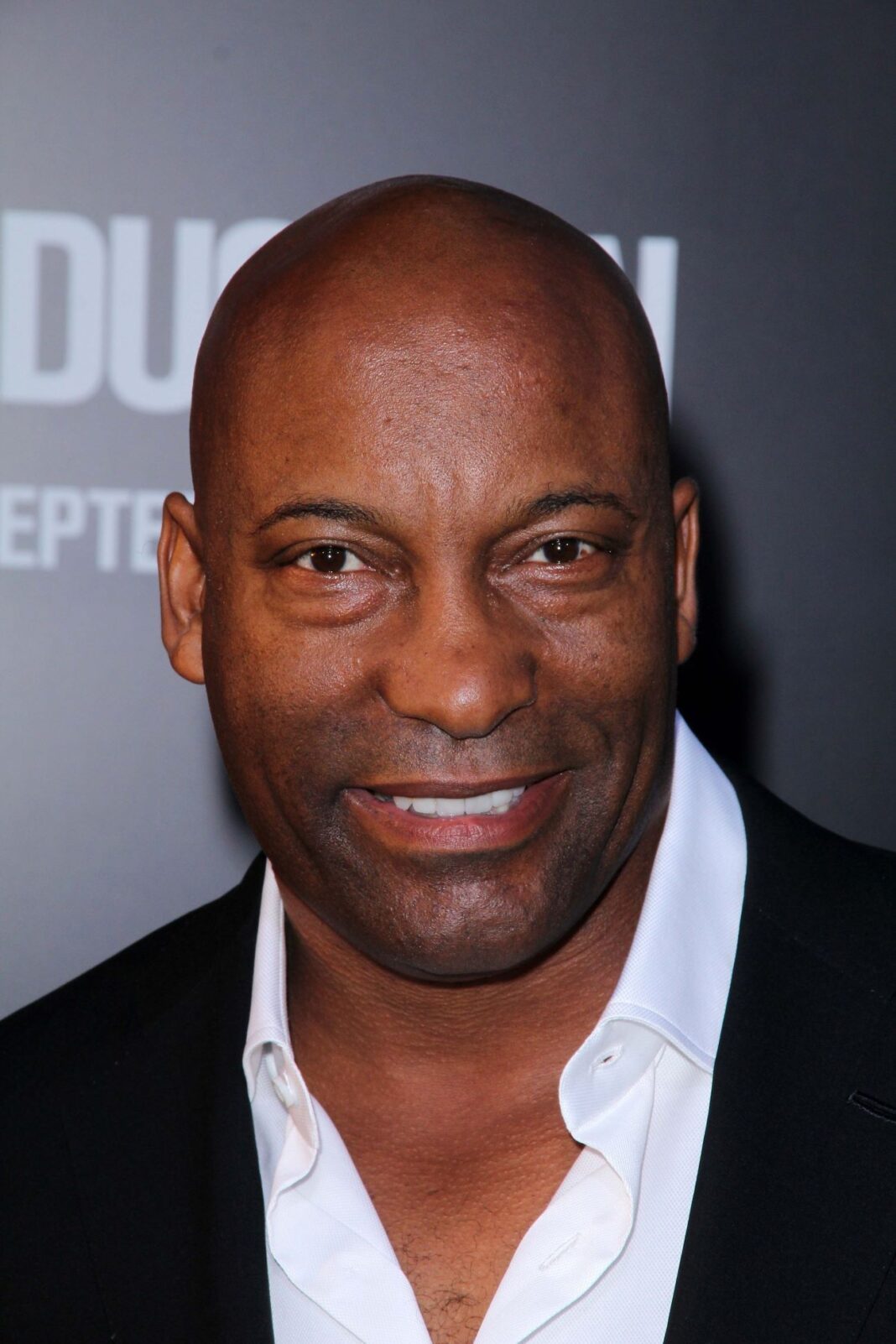HOLLYWOOD—It was momentous when it was released in 1991. It was a movie that placed a spotlight on the urban ghetto unlike anything seen on the big screen. It elevated Black Cinema in a way that hadn’t been done before, and it delivered a movie to this day that I find riveting and I find little nuggets every single time I watch it. I’m referring to John Singleton’s “Boyz N The Hood.”
This was a movie I saw at a young age, but it stuck with me in a way that not many movies do. Why? I felt I was getting a glimpse of my life growing up. Living in an area where violence occurs, where the notion of living past the age of 18 is considered an accomplishment. Having a strong father figure in my life despite my parent’s being divorced, grappling with sibling rivalry and the destruction of being raised by the streets, something I’ve witnessed all too often with members in my family.
Singleton decided to take a slice of his life and incorporate it into a movie that was brutal to watch, an honest depiction of life for many African Americans. As a filmmaker, I’ve always wanted to tell stories that reflect my life. At the same time, you grapple with the thought of how people will respond when you hold a mirror to their face. Mothers more concerned about getting their hair and nails done then taking care of their kids and ensuring they’re dressed properly; fighting the temptation of drugs and street life to attain a higher education; discussions about gentrification and police brutality and abuse.
John tackled all those issues and so much more as he told the story of Trey (Cuba Gooding Jr.) and his best friend Ricky (Morris Chestnut). I do find it odd that Gooding Jr., Chestnut, and Ice Cube were not considered for Oscar talk especially Cube who was phenomenal in the role as Dough Boy. It was an acting debut that was just simmering on the screen and this is a rapper turned actor people. He paved the way for what so many have done in the past 20 plus years.
Those are not the only standouts, Angela Bassett and Laurence Fishburne are incredible as Trey’s parents, and Fishburne without a doubt should have been considered a contender in the Best Supporting Actor category that year. He is the clearest depiction of what a child growing up in such a region wants because without a strong figure in the kid’s life the streets will raise him and that leads to more violence. That was the theme that really haunted me after seeing that movie how violence was a part of Black culture. You murder someone I care about and in retaliation you’re taken out and the cycle of violence just continues. No one wins in the end.
Trey is placed in that dichotomy after his pal Ricky is murdered by a gang of thugs because of an interaction that happened days earlier simply over bumping into one another. Yeah, bumping into someone can get you killed. It sounds ludicrous, but guess what, that is the reality for those raised in the streets and the inner city of some neighborhoods where proving your street credibility and your toughness matters more than anything. It is scary, but eye-opening to witness. Singleton’s direction of the movie is near perfection as we see this group of friends at an early age, and how those experiences impact their lives as they transition into their teen years before entering adulthood.
For some, the outcome is better, for others it is worse. You have discussions about sex, virginity, children, fatherhood and that all important conversation of what it means to be a man. Everyone has their own opinion about it, but in all truth, who has the right answer, that question is posed time and time again. The violence in the flick is potent without being excessive, that is the only knock I have on a movie that followed this iconic piece of cinema, “Menace II Society.” It is enough to haunt you and that is the testament to a solid filmmaker knowing the importance of balance.
Singleton died in 2019 at the age of 51, but the legacy he left as a filmmaker with “Boys N The Hood” will live forever becoming the first African American to earn a Best Director Oscar at the early age of 24. It is truly an inspiration to me that I might one day earn such an accolade. I just wish this was a flick shown more in film studies courses because it opens a major discussion about culture and society and how that penetrates in not only the cinematic region, but everyday life.






